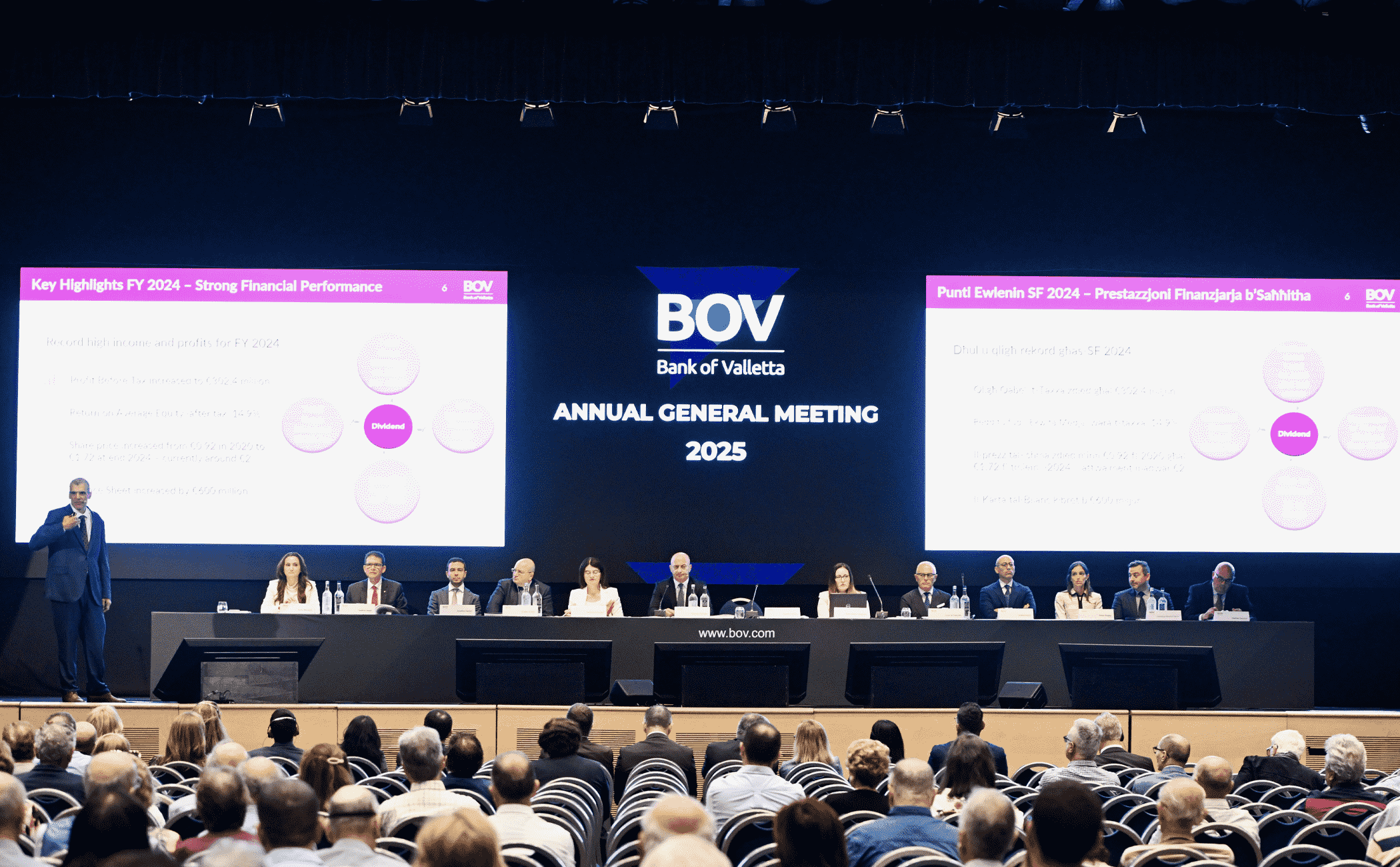The Malta Chamber of Commerce, Enterprise and Industry expresses, yet again, its deep concern following the collapse of another building, this time in Paceville earlier this week. Though miraculously no one was injured, The Malta Chamber believes it is only through sheer luck that this did not end in tragedy. The incident occurred in one of Malta’s busiest and most frequented entertainment hubs, visited daily by large crowds of locals, tourists and workers. It is useless aspiring for quality experience-based tourism and aiming for ambitious spending targets as outlined in Vision 2050, if such critical issues are allowed to persist.
This latest structural failure is not an isolated event. It reflects a worrying pattern which confirms that we do not have a proper framework to do things safely. Whereas there are some developers and contractors that take all the necessary precautions, poor site management is the order of the day for others. The sector is also subject to weak pro-active enforcement. It cannot continue to operate in a state of exception where economic gain takes precedence over basic safety.
The Malta Chamber cautions that this reckless approach to property development poses a threat not only to lives, but also to country’s economic stability. Malta’s international reputation, particularly in the tourism sector, is at stake. Incidents like the one in Paceville send a damaging message to prospective visitors and investors, suggesting that Malta lacks commitment to safety. Year on year we hear about reforms and new initiatives – however, it is evident to everyone that the sector is not operating diligently.
We cannot afford another collapse. The Malta Chamber is urgently requesting prompt and decisive measures to rectify ongoing deficiencies in the sector and reestablish order and accountability within the construction industry. Laws, fines and penalties must be enforced effectively across the board in a coherent manner, with no exceptions and no oversights, and not remain on paper.
Transparency is also an essential pillar. The public should have access to real-time information on ongoing projects, enforcement actions and safety audits. Residents and tourists alike deserve to know that the places they frequent are safe and maintained to the highest standards.
This is not just about avoiding future tragedies and lives — it is also about protecting Malta’s long-term economic stability and international reputation. Without swift meaningful action, the current climate of negligence will continue to jeopardize lives, national trust, Malta’s economic stability and global standing.
The Malta Chamber stands ready to support government and regulatory bodies in building a more responsible and resilient industry. But the time for warnings has passed. What happened in Paceville must not be remembered as just another near miss — it must mark a turning point.
A Broken System: Failures in the Construction Process Are Putting Lives and Malta’s Reputation at Risk










